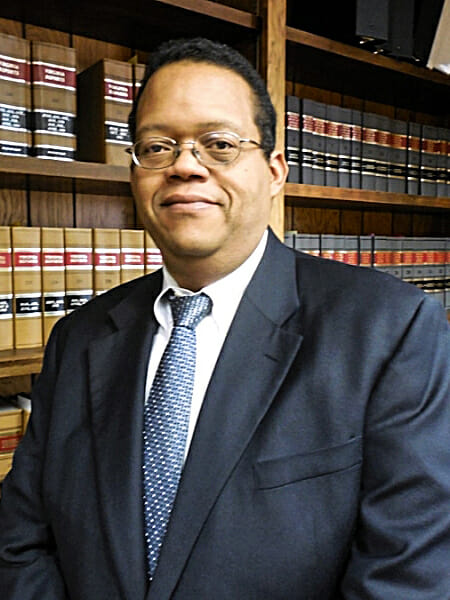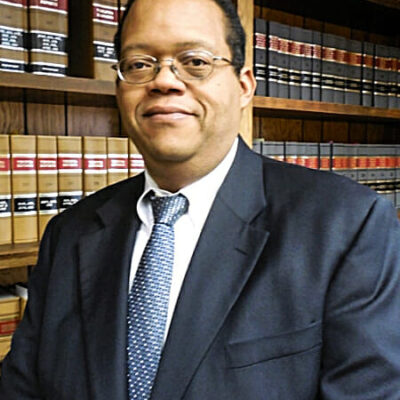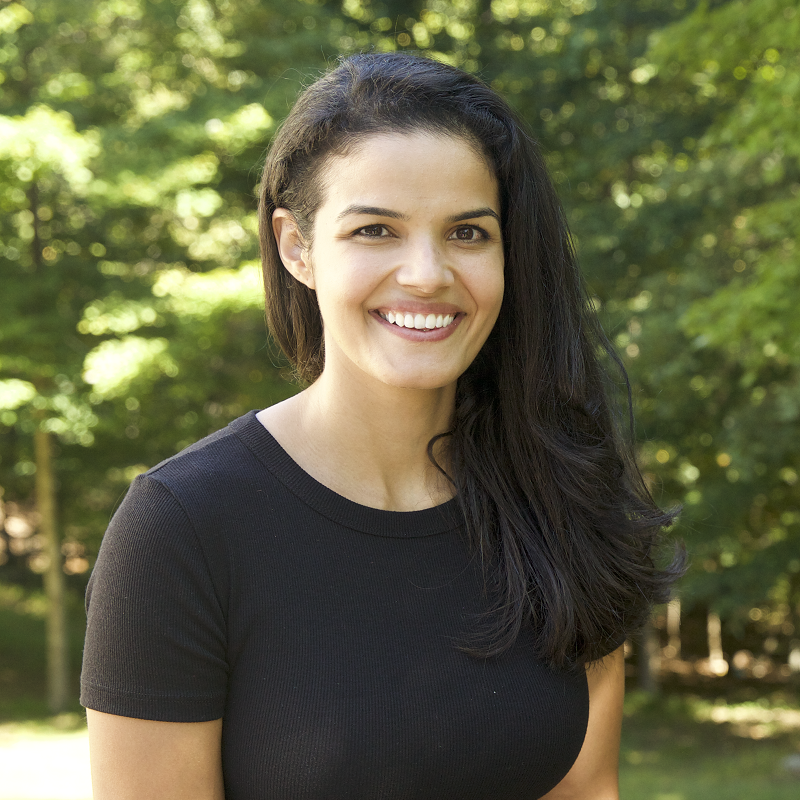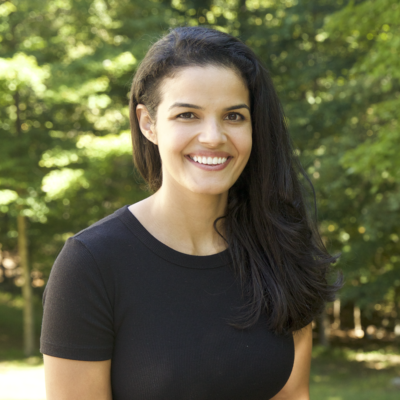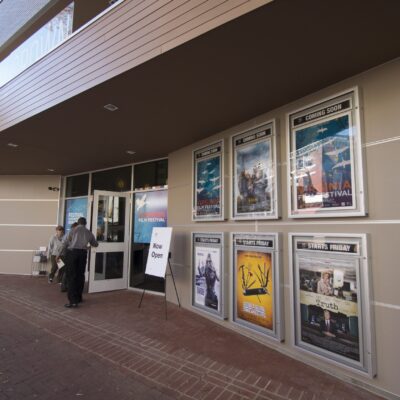“When the pandemic set in, it rendered our model impossible,” says Jayson Whitehead, executive director of PACEM, a local nonprofit that partners with area houses of worship to offer overnight shelter and meals for the homeless during the winter. Close contact in church buildings became unsafe. So did the buffet dinners served by congregation volunteers. “That interaction was a big part of our service,” Whitehead says. “It’s a big deal [for our clients], to be greeted and served by a smiling face.”
Big shake-ups have been the story for nonprofits all over town. And every organization serves a different community with unique needs, meaning each one has been forced to adapt in its own way.
For PACEM, that meant using the city’s Key Recreation Center as a temporary men’s shelter. Then, federal COVID support enabled the organization to tap local hotels to shelter women and the medically vulnerable, overseen by the Thomas Jefferson Area Coalition for the Homeless. Still, Whitehead notes, “the pandemic cut our capacity to offer shelter in half.” As restrictions eased, PACEM has resumed working with eight of its former 30 church partners, incorporating professional cleaning and prepackaged meals instead of buffet dinners. While the organization’s annual fundraising event had to be canceled, Whitehead has seen increased support from long-standing donors and faith-based partners. “We live in a pretty amazing community,” he says.
Elsewhere, the Sexual Assault Resource Agency quickly pivoted to offer teletherapy for its clients, as well as redesigning its sexual violence prevention programs for schools to use online, says interim executive director Renee Branson. Normally, SARA’s on-call emergency room advocates would support survivors in person, but since that’s not possible now, they work remotely and in close coordination with ER nurses to connect survivors with support. Branson knows many clients “may have less reliable [internet] access, so we also offer support by phone or drop off materials at their homes.” With both its annual fundraisers—Walk A Mile for SARA in April and its November Community Breakfast awards banquet—canceled, SARA launched an online auction during Giving Tuesday on December 1.

Renee Branson, interim executive director of the Sexual Assault Resource Agency, says the center has taken a number of steps to adapt to life with the virus. PC: Zack Wajsgras
Pre-COVID, the Charlottesville staff of Project ID visited the Albemarle-Charlottesville Regional Jail weekly to help inmates due for release get the identification (birth certificate, driver’s license, or DMV-issued ID) needed to apply for housing, social services, and jobs. “We’d see four to 12 people a week, and a DMV representative came in once a month,” says co-chapter lead DeAun Sanders. “Now we have to do all that by phone, even walking them through online applications. But many of them don’t have computers, or smartphones.” The group used to have office hours at the Jefferson School and public libraries, which made assistance and online access available for the city’s underserved and homeless, but that’s been curtailed by pandemic restrictions. Luckily, though, since Project ID also facilitates voter registration as part of national organization Spread the Vote, money hasn’t been an issue in this hyperactive election year.
Many Sentara women’s health and breast cancer programs receive funding from the Martha Jefferson Hospital Foundation’s Women’s Committee, best known for running Martha’s Market. But a three-day event with 40 vendors and hundreds of shoppers was impossible this year, so the committee went virtual—with an added twist of incorporating local businesses. “We didn’t expect to make as much money,” notes chair Amy Nolasco, “but we wanted to continue the event and support our health community.” The committee’s squash tournament fundraiser had to be scrapped, but the annual In the Pink tennis tournament went ahead—with COVID adaptations. “Usually we ask local small businesses to provide the prizes, as a promotion,” says Nolasco, “but we knew they couldn’t this year, so we bought their gift cards as prizes instead.”
Like other educational organizations, Literacy Volunteers of Charlottesville/Albemarle had to take its tutoring activities and citizenship classes online. Executive Director Ellen Osborne says there’s been some upside: tutor training—formerly a full day and in person—is now several shorter online sessions, making it easier for some people to participate. (They’ve even had a few trainees from outside Virginia—which works, since tutors and students now meet virtually.) And, since online sessions mean no commute and no need for a sitter, LVCA’s citizenship classes are booming. Literary Volunteers had to cancel this year’s Wordplay, its big game-show fundraising event, which usually nets about $20,000. “It’s hard to make up that kind of money,” says Osborne, “but all our sponsors are carrying over their fees until next time.”
The Front Porch, a nonprofit community music school, has gone all virtual until fall 2021. “We’ve lost many of our children—they are spending so much time online now,” says Executive Director Emily Morrison, “but we have seen a lot more adults, and a lot more private students over group lessons—one of our teachers has students from New York, Illinois, Florida, even Alaska.” Building community is part of The Front Porch’s mission, “and the pandemic has cramped that,” says Morrison; on the other hand, its Save the Music livestreamed performances have supported local musicians and generated donations for area nonprofits. Its spring block party and fall square dance are on hold, but Morrison says, “We’ve had a banner fundraising year, largely on gifts from $10 to $100—in this scary and divisive time, people have really stepped up to support our local nonprofits.”
Price Thomas, director of marketing for United Way of Greater Charlottesville, agrees: “People see the effects on their neighbors, and have been very generous, especially toward pandemic effects and recovery,” he says. United Way has been able to hold many of its donor and community events online, but while virtual accommodates more people, Thomas notes, it lacks that all-important personal contact. “Our focus is staying connected with people and with our community.”
